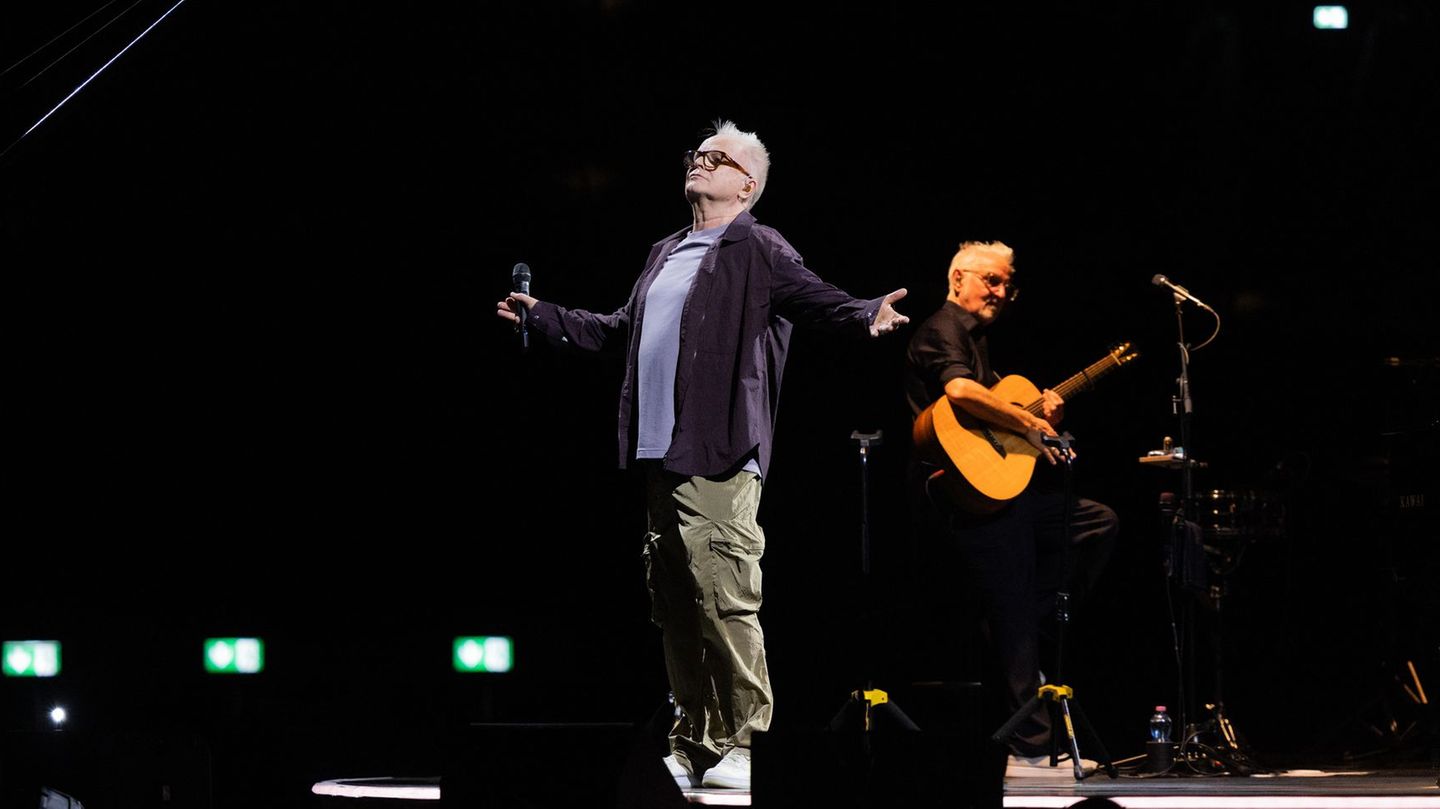Jane Stock is a technology author, who has written for 24 Hours World. She writes about the latest in technology news and trends, and is always on the lookout for new and innovative ways to improve his audience’s experience.
Menu
Telecommunications: Closing dead spots takes longer than expected
Categories
Most Read
Carlos Melconian warned that there are numbers that reflect a devaluation and that the dollar could reach $2,000
October 19, 2025
No Comments
Which are the provinces with the largest number of workers and what salaries do they pay?
October 19, 2025
No Comments
Mother’s Day sales fell 3.5% annually
October 19, 2025
No Comments
They will do everything possible to generate panic with the dollar
October 19, 2025
No Comments
Meat increased less than inflation in the last four months: the reasons
October 19, 2025
No Comments
Latest Posts

People: Herbert Grönemeyer doesn’t like looking at himself in the mirror
October 20, 2025
No Comments
Lisa HarrisI am an author and journalist who has worked in the entertainment industry for over a decade. I currently work as a news editor

San Martín de San Juan defeated Independiente and dreams of permanence
October 19, 2025
No Comments
In a duel full of tension for permanence, San Martin de San Juan won at home by 1-0 to Independiente, on the 13th of Closing

Adverse start for the Under 20 National Team that loses 1-0 to Morocco in the World Cup final
October 19, 2025
No Comments
October 19, 2025 – 20:14 The team led by Diego Placente has just beaten Colombia 2-0 in the semifinal and will seek its seventh title
24 Hours Worlds is a comprehensive source of instant world current affairs, offering up-to-the-minute coverage of breaking news and events from around the globe. With a team of experienced journalists and experts on hand 24/7.

